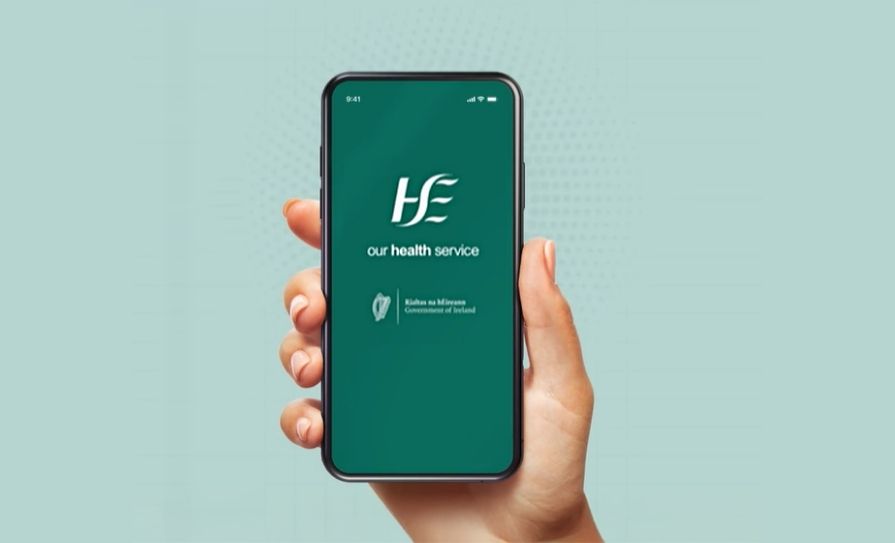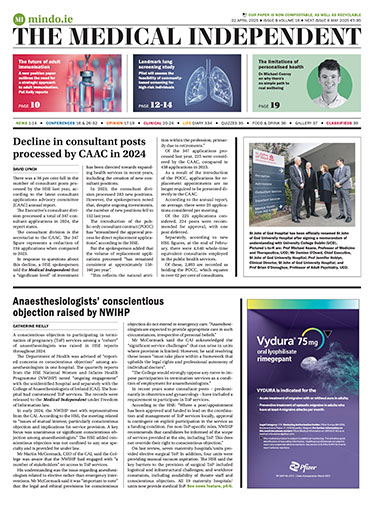A national guideline for the assessment and management of post-menopausal bleeding (PMB) has been developed and will be disseminated to all relevant sites in the coming weeks.
A HSE spokesperson told the Medical Independent: “Similar to the interim guidance, the new guidelines will recommend that women referred with PMB be seen within 28 days of referral [and] that women referred with PMB receive a diagnosis and relevant test results within 28 days of review in clinic. Finally, the guideline recommends that women referred with PMB receive a histological confirmation of diagnosis within 12 weeks of referral received. These timelines are deemed clinically appropriate.”
The HSE National Women and Infant Health Programme (NWIHP) will work with the HSE Business Intelligence Unit to devise key performance indicators (KPIs) to monitor the recommendations of the national PMB guidelines. It is envisaged that these KPIs will be captured and collated nationally on a quarterly basis.
In addition, a GP gynaecology e-referral form is in the final stages of drafting.
“The form is intended to complement the existing Healthlink general e-referral form and will be premised on clearly highlighted clinical ‘red-flags’ that warrant an urgent outpatient appointment. The proposed e-referral will facilitate the clinical prioritisation process in the acute setting.”
The 2020 Price report into cases of missed/delayed diagnoses of endometrial cancer at Letterkenny University Hospital had referenced “an absence of national standards for women who present with post-menopausal bleeding, and an absence of clear timelines for assessment, investigation and treatment on presentation”. The HSE subsequently issued interim guidelines.
A HSE report into the national endometrial cancer diagnosis timeline, dated July 2021, found that the average time from referral to date of histological diagnosis was 14 weeks. The report, which examined cases of endometrial cancer diagnosed in 2019, stated there was “scope to shorten the time to diagnosis at a system level” by optimising the investigation and management of women with PMB.
Its recommendations included continued development of the ambulatory gynaecology model of care, national clinical guidance on PMB with KPIs, and gynaecology referral forms.













Leave a Reply
You must be logged in to post a comment.